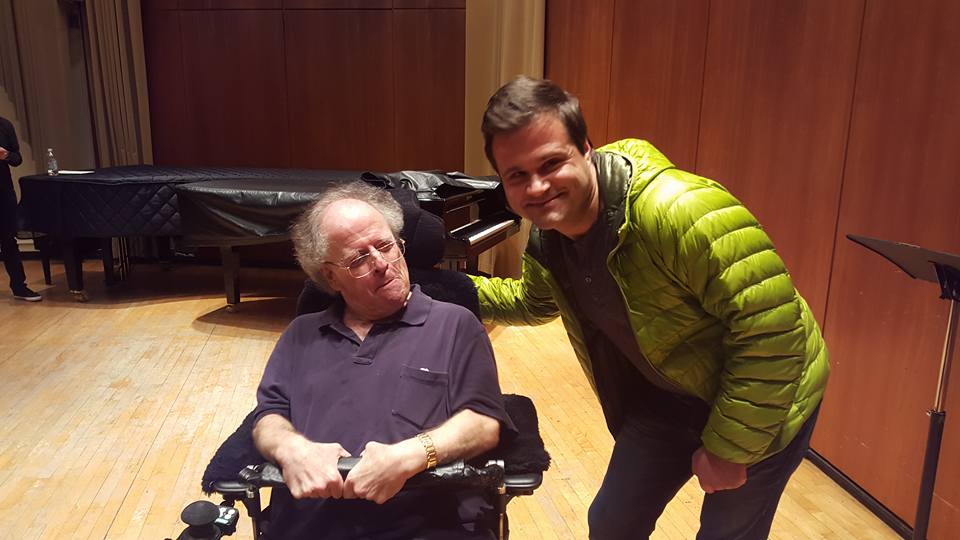The End of An Era, or The End of The Era
It is my eleventh year at the Metropolitan Opera as I write this, and the announcement of James Levine’s retirement – or, switching into a Music Director Emeritus role, whatever you want to call it – was announced several days ago.
I wish I had been able to see Jimmy at his best, but alas, he was absent for two of the seasons I spent there, and for a number of other seasons, he was partially absent and not at his strongest. The health reasons for this have been widely discussed, so I won’t go into that here.
What I will tell you is that we had a 45-minute meeting with Levine, in which he addressed the orchestra and chorus, only a bit before the announcement was officially made. There we were, people who work with him very closely, but we heard the news about an hour before the rest of the world. And why would it be otherwise? Working in an opera house is not unlike working at a factory. The bosses make decisions and you assemble the product, like a skilled craftsman but not much else – why tell us any more than is necessary?

Levine was visibly ill, with poor control of his body, and it was so painful to see him in that state, especially without a baton in his hand. He spoke to us and put a mercilessly positive spin on everything related to him, especially his health, and was unspecific about everything else, although one could read between the lines. It is incredible that he has attempted to conduct in this physical condition, but he has, and will continue to do so. One has to admire his tenacity. I sat close to him for years, and in recent months, the pain he was in while conducting was uncomfortable to watch, not to mention that it affected his ability to lead us.
The New York Times correctly stated that at times, we have had to rely on the concertmaster, the singers, and other such factors to know “when to play”. Not only that – in the opera Die Fledermaus this season, a stagehand who could read music and was sitting next to Levine during performances in the pit had the task of making sure no cues from Jimmy came at the wrong time. The opera was new to Levine.
I will say that few people in the orchestra were particularly sad about his departure, save for a few hardline loyalists. Then again, not many orchestras love their music directors after just a few seasons, let alone four decades.
My personal regret is that I did not get to know him better and couldn’t learn from him more. Jimmy is incredibly talented and knowledgeable, and his contribution to the world of opera is staggering. Like with some historically important musical figures who kept performing past their prime – Placido Domingo or Yehudi Menuhin come to mind – his years of greatness count for a lot and excuse the time when he latched on, in spite of the questionable effect that had on the Met. I personally can’t say that I have witnessed much growth under his tenure. It was mostly business as usual, or worse. Of course, the first thirty years of his directorship were incredible, Make no mistake, Jimmy could make the Met Orchestra and Chorus sound better than anyone else until pretty recently. Sadly, I wasn’t there to witness the former.
In recent months, the morale in the orchestra has sunk to new lows. Tickets aren’t selling well, we don’t love what we’re playing or producing as much as we used to. Perhaps there is a correlation between those facts and Levine having to or needing to leave, perhaps not. But the Met is badly in need of change, and I hope that change comes soon. Otherwise, this is just more rearranging of deck chairs on the Titanic. We need a great new Music Director, and a new, revitalizing direction. Hopefully, this is the first major step in that direction.